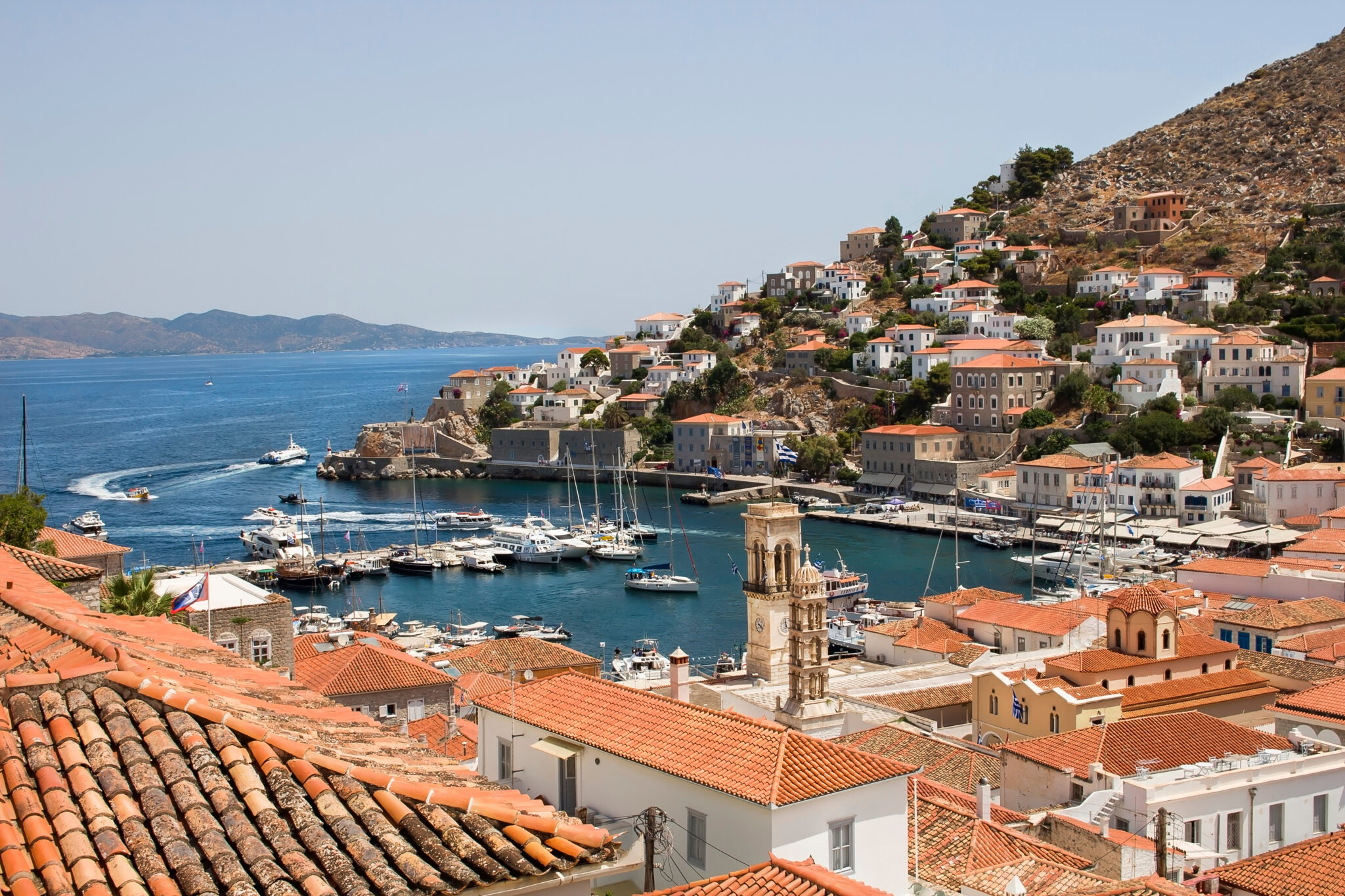A few days before his 59th birthday (on December 11), Bashar al-Assad is reported missing. After nearly 25 years in power—and 54 years for the Assad family—the former President of Syria is no longer in the presidential palace in Damascus, which has been overtaken by jihadists. “His tyranny is over,” declare jihadists, who announce that he has fled. But where is Assad?
According to Syrian sources, Assad is believed to have boarded a Syrian Air Force Ilyushin-76, which took off abruptly from Damascus International Airport, turned toward Homs, lost altitude suddenly, and disappeared from radar.
Was Assad on that flight? If so, did the plane crash, get shot down, or switch off its transponder? Is he dead, or will he reappear, forming an exiled government?
FlightRadar24 confirmed the flight took place, noting that some data from the old aircraft’s transponder might not be accurate or may be missing.
Whatever happened to Assad (his wife Asma and their three children are said to have arrived in Russia yesterday), after half a century of Assad family rule in Syria (the last elections were in 2014, with Assad’s Baath party winning 88.7%), and after bloody battles, the president of a country that “survived” through a brutal war has been abandoned by all his allies. The jihadists took Damascus with little resistance, as Russian and Iranian forces had withdrawn the previous day, and the Syrian Arab Army (SAA) avoided confronting them.
The final blow came yesterday from Assad’s key allies—Russia, Iran, and Turkey. In Doha, Qatar, the foreign ministers of the three countries, Sergey Lavrov, Abbas Araghchi, and Hakan Fidan, met to discuss Syria. It was there that they apparently decided to push for Assad’s departure from the presidency, in favor of forming an “inclusive” government, with members of the Baath party, jihadists, and Kurds.
Qatar’s Prime Minister, Mohammed bin Abdulrahman Al-Thani, said that Assad “did not take the opportunity” to engage in dialogue with his people and help refugees return during a period of calm in his country. True, Qatar, like Turkey—which is behind the sudden jihadist advance—was never friendly to his regime, but it was clear that Assad had run out of willing allies to “stick their necks out” for him. This was evident not only from the refusal of all countries to provide him with military and intelligence support.
Russia continued to provide some help to the Syrian army for a while, as Moscow’s warplanes conducted at least one airstrike against jihadists, in collaboration with the Syrian air force in recent weeks. However, President Vladimir Putin was reportedly losing patience with Assad, mainly because of his refusal to engage in dialogue with Turkish President Recep Tayyip Erdoğan (until Turkish troops leave Syrian territory). In any case, due to the war in Ukraine, Russia no longer has the capability or the will to expend valuable resources elsewhere.
Iran also provided direct support to Syria, organizing and sending heavily armed Iraqis and mercenaries from African countries, as well as Iranian generals to organize Damascus’s defense. However, the Iranian regime seems dissatisfied with the fact that Hezbollah, which played a pivotal role in the war against ISIS (and thus was key to Assad’s victory in the civil war), received no help from Assad in the war with Israel. Moreover, the weakening of his “satellites,” Hezbollah and Hamas, by Israel, strips him of the dynamics for intervention, as in the past.
As the U.S. and Israel watch from the sidelines, Turkey’s expectations (which does not want to empower the Kurds) for a new regime in Damascus are becoming a reality—one that will not include Assad and will be completely friendly—and controlled, of course—by Ankara, serving its objectives in the Middle East and the Mediterranean.
Ask me anything
Explore related questions





